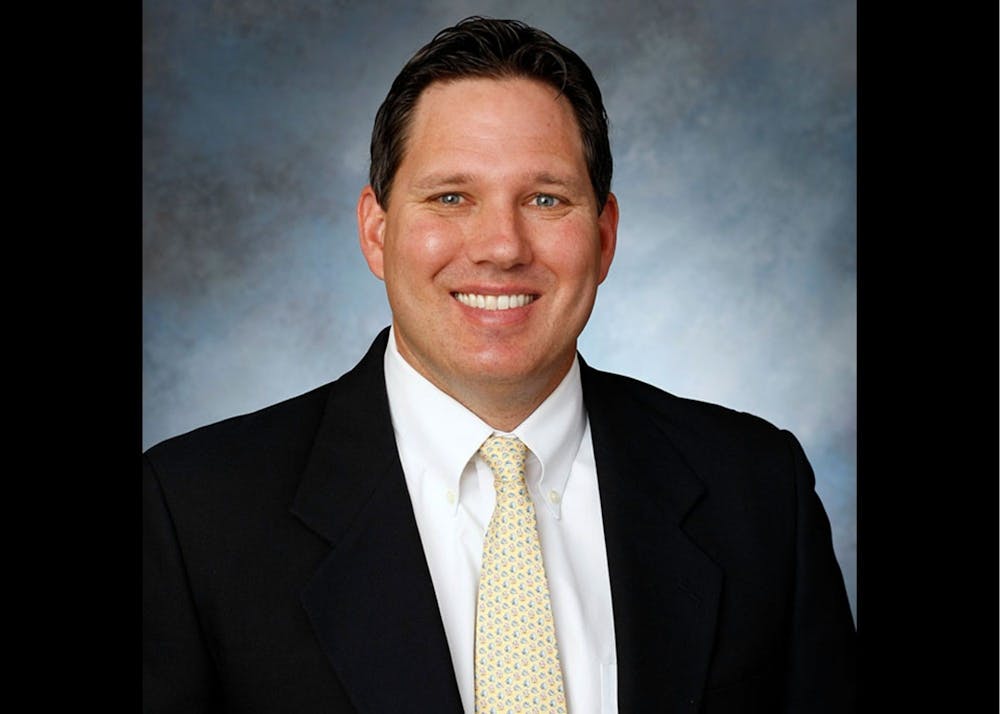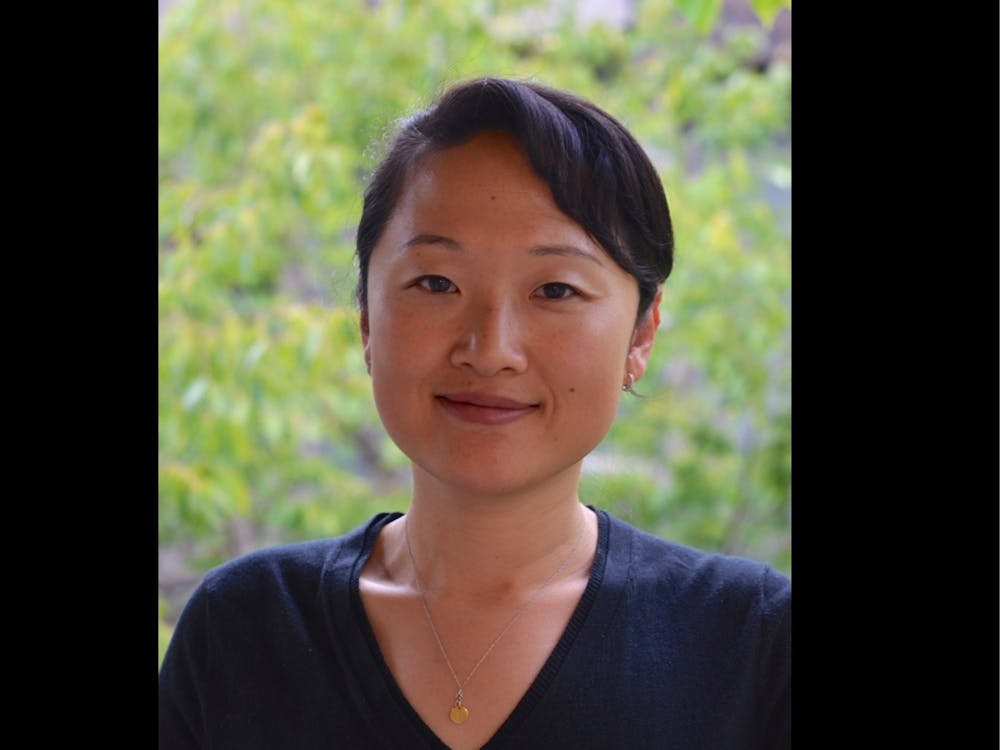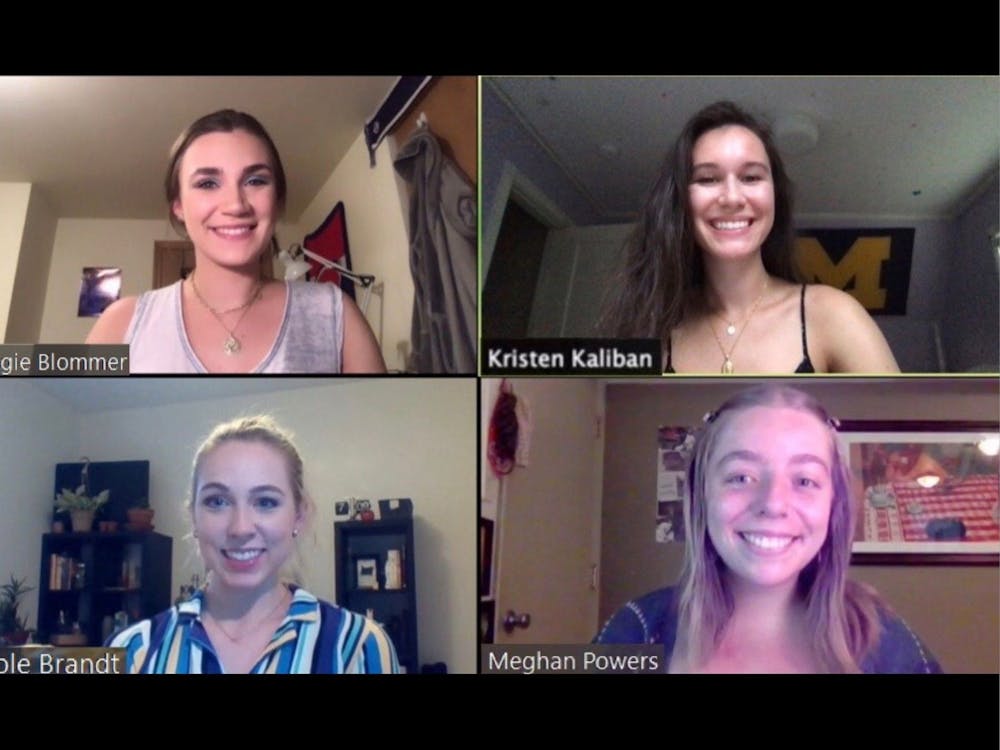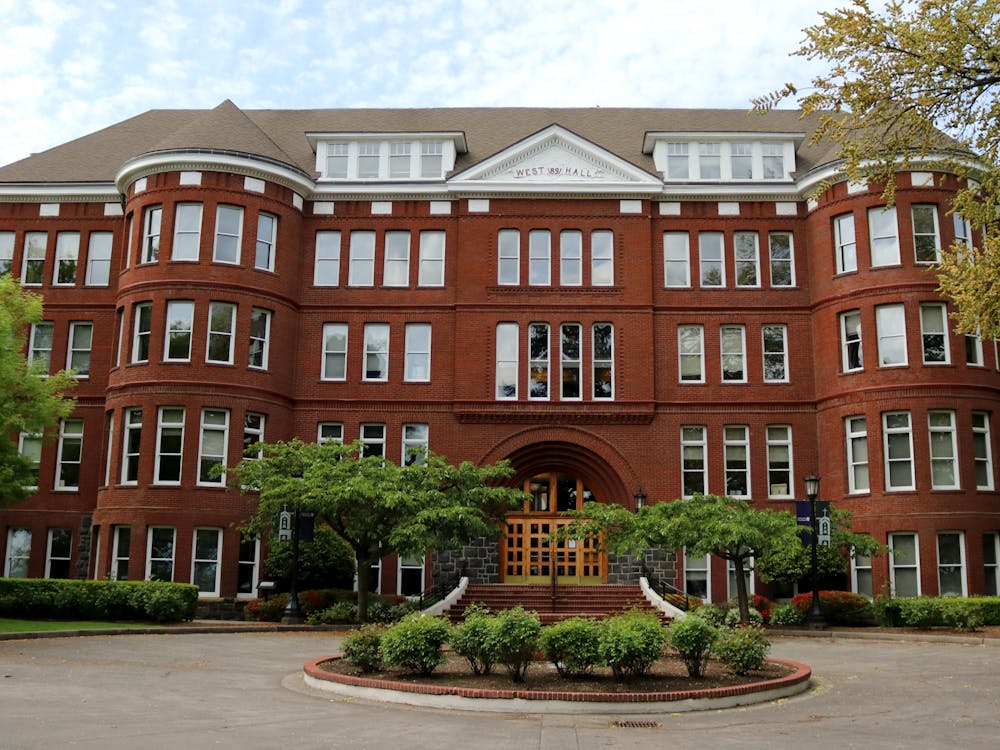Dear members of the UP Community:
I want to take a moment to thank you all for your wonderful energy, enthusiasm and support of UP’s first generation (FGEN) students as we celebrated National First Generation Students a few weeks ago at UP, and across the country. What makes this moment special is that 10 years ago, FGEN as a program was in its early stages of infancy and development.
As the story is told, scholarship opportunities became available to help FGEN students at UP – yet as an institution, we did not know who these individuals were on campus. Thanks to the initial efforts of Dr. John Orr and Michele Leasor, the dream to support FGEN students at UP ignited with a spark of energy. Soon, others joined – Gina Loschiavo, Jeromy Koffler, and my wonderful boss, Brenda Greiner, along with Dr. Tom Greene in the Provost’s Office.
The beauty of this history is that different people on campus came together on their own time, united in putting a group of students at the forefront of action, because it was both important and necessary. In the beautiful way that we collaborate here at UP, these individuals worked on their own time, using their own budgets, to start support on campus for FGEN students. In short, these individuals planted the first seeds of support along with additional financial support from Regent Steve Shepard ’58, our SARC namesake.
I feel sincerely blessed to serve in my role leading FGEN efforts since its inception five years ago. Soon, thanks to the first-generation students themselves, a community blossomed from the seeds planted, where those that are first in their families to earn a 4-year college degree (usually 20% of UP students) – had a community within the Bluff that they could hopefully feel welcomed, empowered and respected in.
Prior to our 2020 National First Generation Day celebration, several students asked me to suggest why the first-generation experience is important, and why ought to highlight it each year on the Bluff. I suggest that the answer might be offered to us by our previous Provost, Dr. Greene, and current Provost, Dr. Herbert Medina, both first-generation college graduates themselves. Embedded in “Serving at the University of Portland,” a document offered by the Provost’s Office, comes the following:
“To be true to our calling as Holy Cross educators we cannot excuse ourselves from matters of the heart…The heart knows love and its loss, craves compassion, and responds to hospitality. The heart struggles with ambiguity, weighs choices, and considers consequences. The heart, given space, learns to risk once it finds courage and hope. In the stillness of listening it is the heart that hears the gentle breeze…” (Walsh, 2006).
You see, my experience is that first-generation students here at UP model the virtues that Blessed Basil Moreau had in mind when he founded and dreamed of a Holy Cross education that engaged students’ heads, hearts, and hands. While it is true that FGEN students might have had a different experience leading up to this foreign land called college, the beauty of this community is the heart…and courage…and hope…in which they have donned their purple to be the first in their families to pursue a four-year college degree. FGEN students are the members of our community that are moved to help others through action. They navigate, and continue to navigate, the numerous complexities of college with determination and rigor, in a way I myself wish that I had in college several years ago.
In addition, FGEN students have asked that I share what I like most about my work with FGEN here at UP. It is with deep humility and gratitude that I have the privilege to work with first generation students, who are near and dear to my own heart. As I noted a few years back; to me, FGEN students are the beacons of light that I look to when I consider the future, and how we might see bright days ahead on the Bluff. The richness of the FGEN experience rests in the students themselves, and the stories they share about their lives. FGEN students have taught me how to approach life with zeal and compassion, and how to have hope for a better and just world for my own children.
I am honored each day to work with this empowering group of students that have taught me much more than I have ever shared, or will share, with them. They have taught me how to live the life that Blessed Basil Moreau envisioned in 1841 for his students that he was motivated to serve. To me, FGEN students are the unsung heroes among us. I trust that if you create space to get to know FGEN students and their stories, you will agree with me.
My dream is that FGEN students, and the community they have created, will pave our future days on the Bluff. Their strength, beauty, and richness lies in their own diverse experiences. We owe it to these students to create authentic and meaningful spaces of support so that they can continue to succeed. Recently, via video, many of the FGEN students shared what FGEN meant to them. While each student had their own ideas and perspectives, one theme resonated from their voices: earning a degree from UP, while special to them, was not just about them. It is about something deeper. The degree was about showing their brothers, sisters, and cousins that a college degree was possible. The degree was about showing their communities that they could do something that had not been done in their families before. And – the degree is about showing how to change lives for the future.
Above my desk, I keep a remembrance of the late Brian Doyle, himself drawn to UP first-generation students. In his novel, “Chicago”, he shared the following:
“Be joyful. Be tender. Everything else is secondary to tenderness. Remember that.”
So I ask now as we just concluded our 2020 celebration of National First Generation Student Day a few weeks ago, can we let the celebration and the clapping continue through the end of this semester and beyond? Join in celebrating the first-generation community here at UP. Celebrate our joy with us. Join us in being tender to one another. And together, we can support these heroes on the Bluff.
Matt Daily is the associate director of Shepard Academic Resource Center. He can be reached at daily@up.edu.
Have something to say about this? We are dedicated to publishing a variety of viewpoints and we’d like to hear from you. Voice your opinion in The Beacon.








